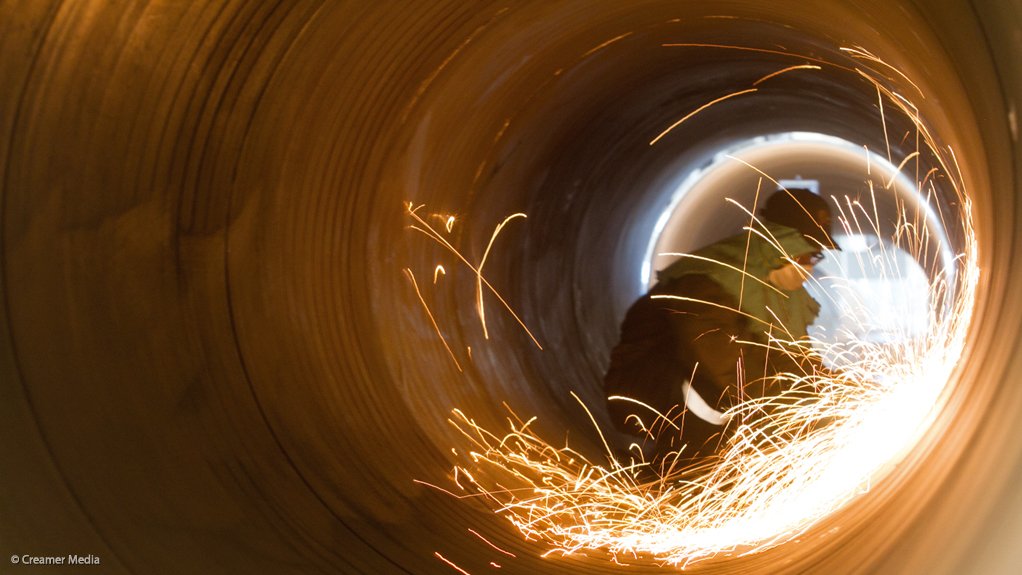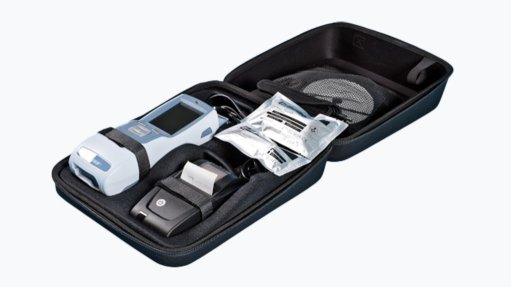Seifsa calls for moratorium on power hikes as Eskom makes case for cost-reflectivity
Steel and Engineering Industries Federation of Southern Africa (Seifsa) used the platform created by ongoing National Energy Regulator of South Africa (Nersa) hearings to call for a moratorium on additional electricity tariff hikes, arguing that further increases would undermine the country’s Economic Reconstruction and Recovery Plan.
The hearings are being held to assess a supplementary application submitted by Eskom in line with a court decision to remit the regulatory clearing account (RCA) decisions for the 2015, 2016 and 2017 financial years back to the regulator for reconsideration.
The RCA is a claw-back mechanism that is used to adjust the tariff, which is set ahead of time using cost and sales assumptions, to the actual costs and sales that materialised during a particular period.
In court papers, Eskom objected to the way in which Nersa implemented the RCA methodology and outlined a case for a further R26-billion in RCA claw-backs for the three years in question, having already been granted R32.6-billion by Nersa for this period.
The regulator hosted separate hearings in November that focused exclusively on the implementation plan for the liquidation of the R13.27-billion RCA balance arising from a determination made by Nersa, earlier in the year, for the 2019 financial year.
The utility argued during those hearings that it required additional revenue of R23-billion for the upcoming financial year, which begins on April 1. Should the regulator accede to its request, the tariff would need to rise by significantly more than the 5.22% already approved for the upcoming financial year.
Speaking during the Gauteng leg of the national hearings, Seifsa chief economist Chifipa Mhango said distressed manufacturing firms could not afford any electricity hikes beyond those already approved for 2021.
He indicated that tariffs could rise by at least 10% next year should Nersa assent to Eskom’s request, which “would scupper any hope of a meaningful business recovery in a sector that has over the past few years struggled amid rising power costs and erratic supply, rising imports and subdued demand”.
In 2019, the metals and engineering industry spent a total of R11.7-billion on electricity, which is a crucial production input.
Any further increase in the electricity price would also have a negative ripple effect on associated industries and could undermine prospects for dealing with the country’s surging unemployment, which currently stands at an all-time high of 30.8%.
“It will also have dire consequences for President Cyril Ramaphosa’s economic recovery plan, which has infrastructure development at its heart. With input costs currently outstripping selling prices in the industry, the local content aspect of this plan will be constrained by a lack of local supply,” Mhango warned.
“We continue to implore the government to place a moratorium on further electricity tariff hikes in order to accommodate struggling businesses and support the economy at this unprecedented time.”
Addressing the South African National Editors Forum on December 4, Eskom CEO Andre de Ruyter made the case for a transition to “efficient cost-reflective tariffs”, so that the utility could avoid future bail-outs from the fiscus.
“We are very grateful for the support that we have received from the National Treasury. Up until 2026, we anticipate that we will be receiving about R121-billion. The sad part of this R121-billion . . . is that it is money that is diverted from other key national priorities – feeding schemes, roads, hospitals, houses, local service delivery.”
De Ruyter argued that there were few other options available, besides charging cost-reflective tariffs, to ensure that Eskom weaned itself off taxpayer support.
“No business can survive by selling its product below its cost of production – and when I talk about cost of production, I talk about efficient costs. We are not asking for subsidies for our own excessive costs, for our own legacy cost of State capture. We’re asking to be paid a fair tariff that reflets the cost of production benchmarked against international best practice.”
He acknowledged that Eskom still needed to reduce its costs to address inefficiencies and noted that its headcount had already been reduced by about 2 000 employees over the past nine months and that further reductions were expected as a result of natural attrition and a freeze on posts.
Article Enquiry
Email Article
Save Article
Feedback
To advertise email advertising@creamermedia.co.za or click here
Announcements
What's On
Subscribe to improve your user experience...
Option 1 (equivalent of R125 a month):
Receive a weekly copy of Creamer Media's Engineering News & Mining Weekly magazine
(print copy for those in South Africa and e-magazine for those outside of South Africa)
Receive daily email newsletters
Access to full search results
Access archive of magazine back copies
Access to Projects in Progress
Access to ONE Research Report of your choice in PDF format
Option 2 (equivalent of R375 a month):
All benefits from Option 1
PLUS
Access to Creamer Media's Research Channel Africa for ALL Research Reports, in PDF format, on various industrial and mining sectors
including Electricity; Water; Energy Transition; Hydrogen; Roads, Rail and Ports; Coal; Gold; Platinum; Battery Metals; etc.
Already a subscriber?
Forgotten your password?
Receive weekly copy of Creamer Media's Engineering News & Mining Weekly magazine (print copy for those in South Africa and e-magazine for those outside of South Africa)
➕
Recieve daily email newsletters
➕
Access to full search results
➕
Access archive of magazine back copies
➕
Access to Projects in Progress
➕
Access to ONE Research Report of your choice in PDF format
RESEARCH CHANNEL AFRICA
R4500 (equivalent of R375 a month)
SUBSCRIBEAll benefits from Option 1
➕
Access to Creamer Media's Research Channel Africa for ALL Research Reports on various industrial and mining sectors, in PDF format, including on:
Electricity
➕
Water
➕
Energy Transition
➕
Hydrogen
➕
Roads, Rail and Ports
➕
Coal
➕
Gold
➕
Platinum
➕
Battery Metals
➕
etc.
Receive all benefits from Option 1 or Option 2 delivered to numerous people at your company
➕
Multiple User names and Passwords for simultaneous log-ins
➕
Intranet integration access to all in your organisation



















